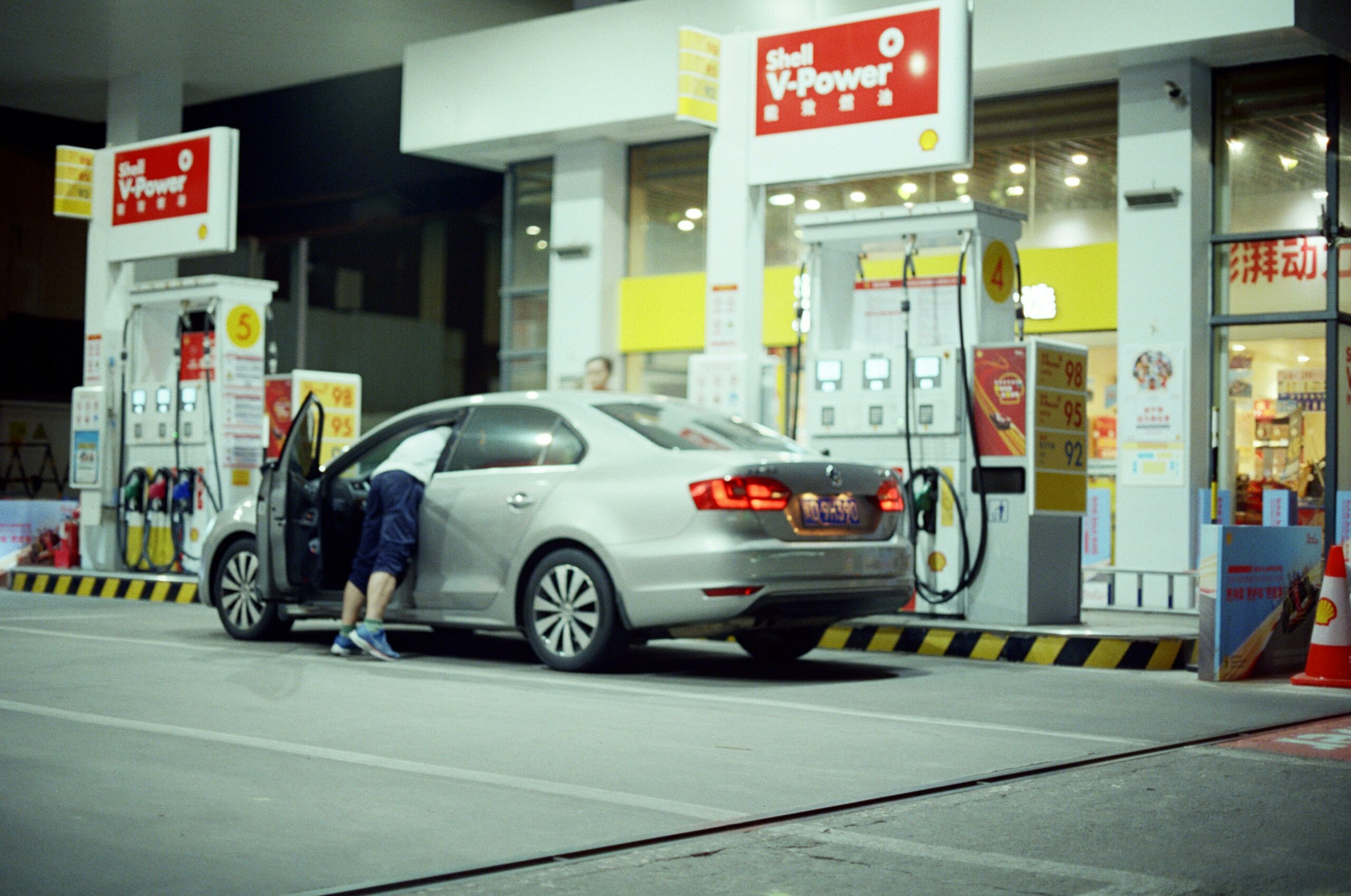Motoring
Decoded: Understanding Car Prices in the South African Market

Get ready, South Africa. Sticker shock is a common feeling when shopping for a car, whether new or used. The price tag on a vehicle is the final result of a complex web of local and international factors. Understanding what goes into that number is the first step to becoming a savvy car buyer and knowing if you’re getting a fair deal.
This isn’t a price list. It’s a behind-the-scenes look at the economic forces, government policies, and market dynamics that shape every single car price you see in South Africa.
The Hidden Costs: Why New Cars Are Priced So High
The retail price of a new car is far more than just the cost to build it. Several key factors inflate the final number.
First, import duties and taxes play a massive role. South Africa levies these on imported vehicles, which constitute the vast majority of our market. The rate varies, but it’s a significant adder to the base price.
Second, the Exchange Rate is a constant variable. The Rand’s strength against currencies like the Euro, Yen, and US Dollar directly impacts what manufacturers pay for fully-built imports and components. A weak Rand means more expensive cars.
Finally, Dealer Margins and a stringent homologation process (ensuring cars meet local safety and emissions standards) add further layers of cost that are passed on to the consumer.
The Market Dance: What Drives Used Car Values
Used car prices are a fascinating reflection of supply, demand, and reputation. A model known for reliability, like a Toyota Hilux or Ford Ranger, will command a strong resale value because demand consistently outstrips supply.
Conversely, cars from brands that have left the market, or models with known expensive faults, will see their values plummet. Economic factors also play a part; in a tough economy, the demand for affordable used cars under R100,000 can actually push prices up in that segment.
The Final Verdict
Car prices in South Africa are not arbitrary. They are a direct reflection of global economics, government policy, and local market appetite.
Understanding that a new car’s price includes taxes, shipping, and dealer support empowers you to see beyond the sticker. Recognizing that used car values are tied to reliability and demand helps you spot a good deal versus a risky investment. Knowledge, in this case, doesn’t just powerit saves you money.
Click here for more Motoring News
Follow Carmag on Instagram and Facebook
Click here to browse a selection of New and Used Cars for Sale























